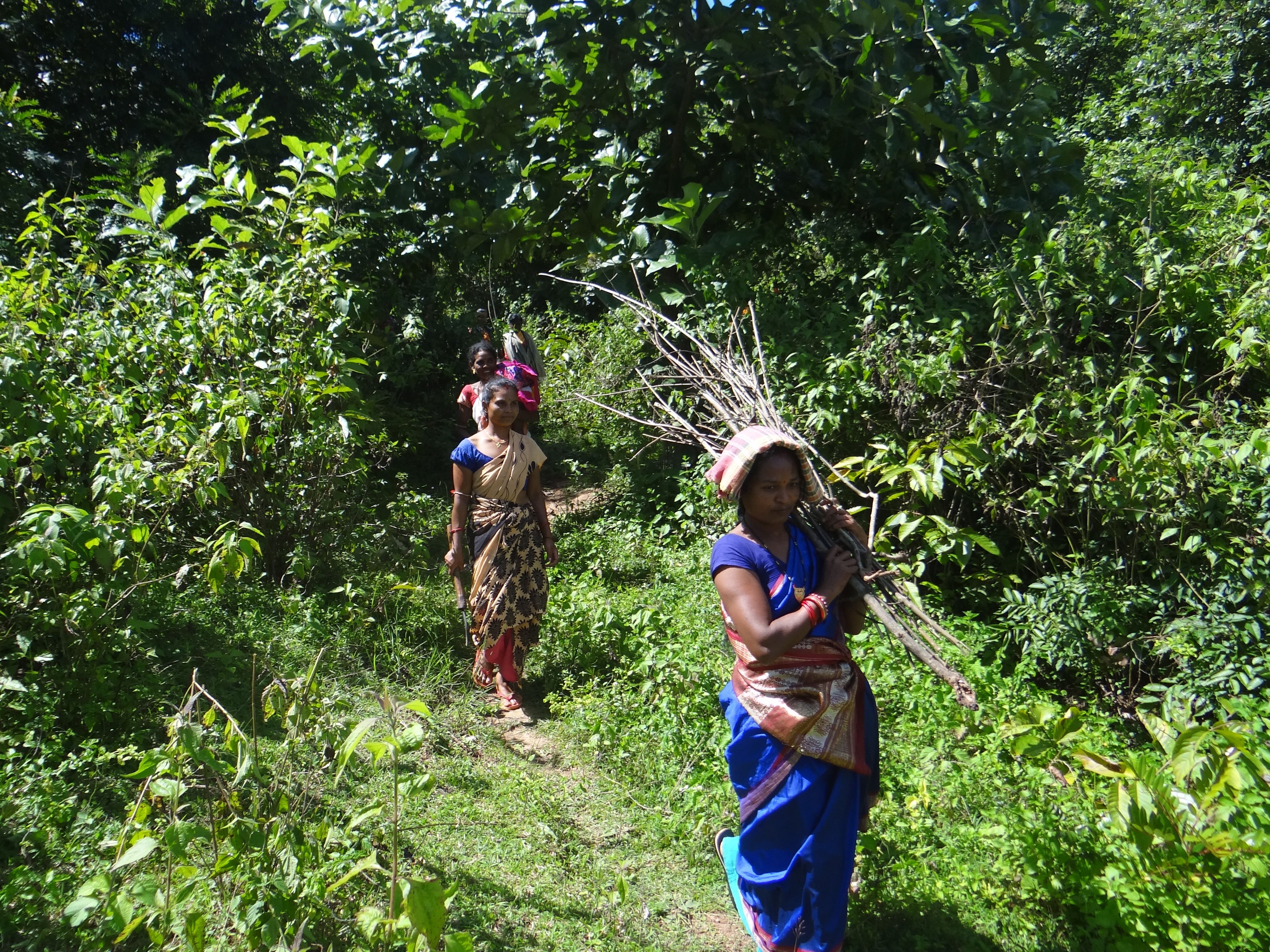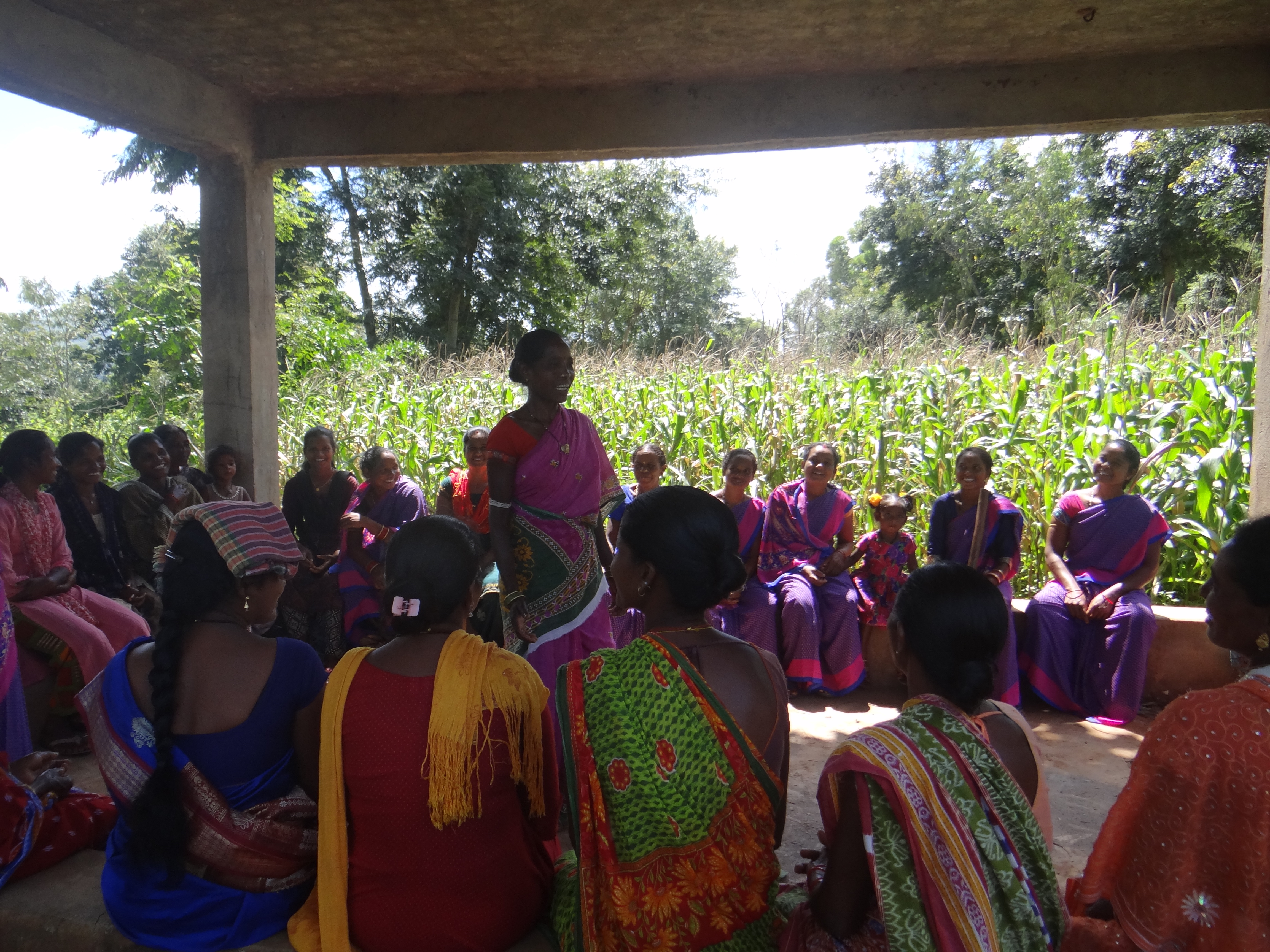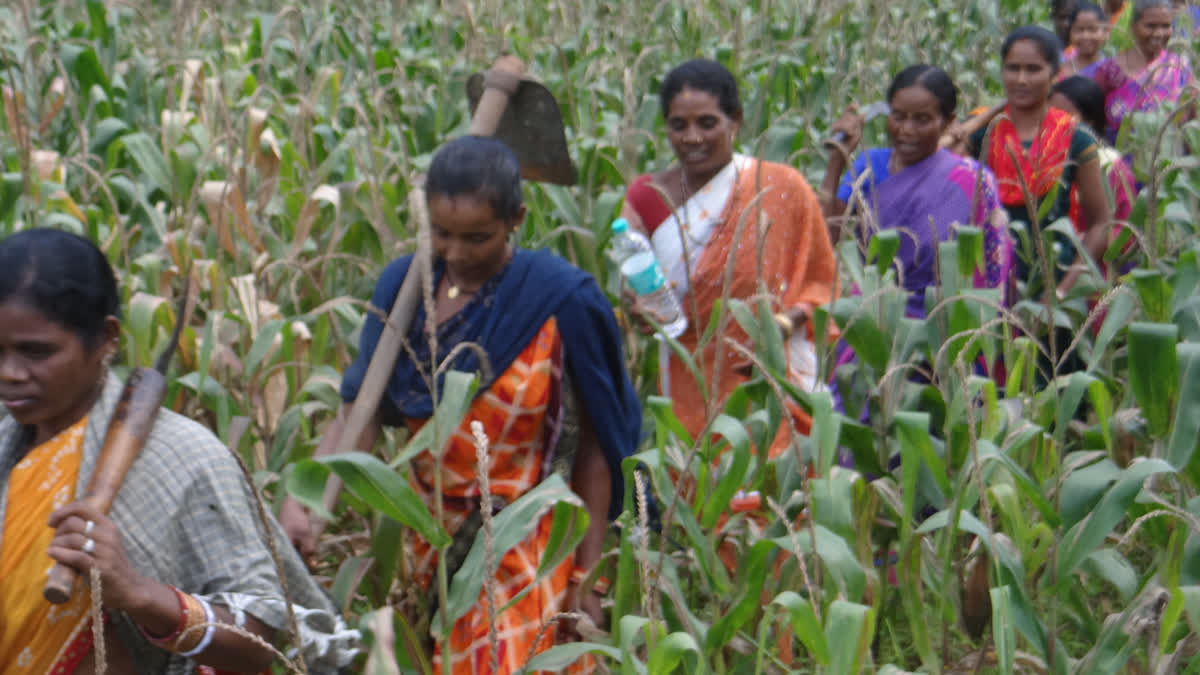Koraput: Hundreds of women from Sipeiput, Serubandh, Mankdjhola, Phulkanda, and Bayadangar villages in Koraput district have taken upon themselves the responsibility of the greens around them. Together they have taken up the cudgels of protecting their green surroundings from any damage and destruction besides laying down a template for others to follow.
Led by the Sipeiput Forest Protection Committee, these women have transformed approximately 1,000 hectares of hilly land into a thriving forest. Once barren and degraded due to traditional podu (slash-and-burn) cultivation, the area now flourishes with dense greenery, thanks to the villagers’ commitment to planting and protecting native species. “Planting trees on these hills was a difficult journey, but it was essential to save our forests from further loss,” explained Moti Khara, an active committee member.
Their tireless efforts in replanting, preserving, and protecting these green spaces recently earned them the prestigious Prakruti Mitra award from the Odisha government, recognizing their invaluable role in ecological conservation.

According to Dilip Kumar Champi, a representative of the Foundation for Ecological Security (FES) working in Pottangi block, the committee’s success is rooted in community cooperation. FES has supported the committee with seeds, saplings, and guidance over the years. The organization facilitated the process of securing community forest rights, which formalized the villagers’ stewardship over the land. “With legal rights, they have gained both the authority and responsibility to protect and nurture this forest,” Champi said.
Today, the forest is home to a variety of medicinal trees. Besides, it supports diverse wildlife, including peacocks, boars, foxes, and colorful birds that have returned to the area. “We have created a safe haven for animals here, and it’s heartwarming to see them grow in their natural habitat,” shared Aravati Glob, another member of the Sipeiput women’s group. For these women, protecting the forest means ensuring that wildlife can thrive alongside humans.
The women’s group ensures that no tree is cut down and keep guard accordingly. However, they allow villagers to collect dry wood for fuel in a regulated manner. “Every month, on the 9th, all members of our organization walk through the forest together to monitor its growth and address any needs,” Aravati said. Additionally, fines are imposed for any unauthorized tree cutting. "We impose fine on anyone found guilty of cutting down trees. Moreover, the rise in cow dung cakes as an alternative fuel has lessened the community’s dependency on forest wood," she added.

Koraput District Forest Officer (DFO) Bhaskar Rao commended the women’s efforts and said, “Forest and wildlife conservation in this region has been possible largely due to the womenfolk. Their commitment to the family is equally reflected in their contribution to preserving biodiversity.”
"We hope our efforts will inspire other communities to protect their local ecosystems and ensure the survival of forests and wildlife for future generations," some of the members said in unison.



